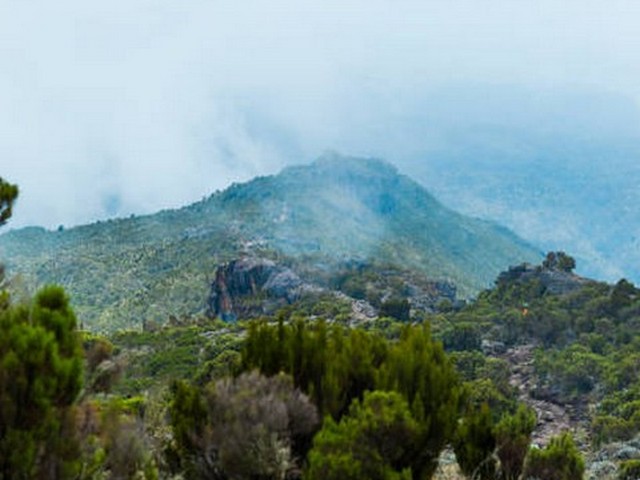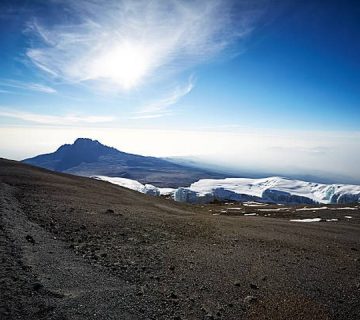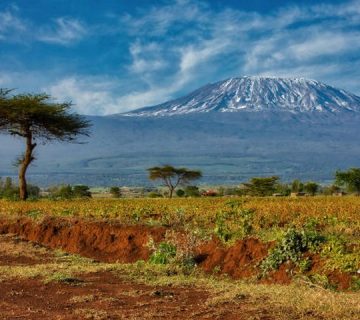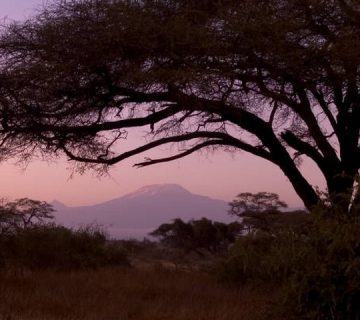Ascending Safely: The Importance of a Health Check Before Kilimanjaro Trekking
Standing majestically as Africa’s highest peak, Mount Kilimanjaro calls to adventurers, dreamers, and those seeking a brush with the sublime. At Kilimanjaro Centre for Trekking and Ecotourism (KCTE), we understand that the journey to the roof of Africa is not just a physical endeavor but a transformative experience. However, before you lace up your hiking boots and step onto the winding paths that lead to the clouds, it’s crucial to undertake an essential preparatory step: a comprehensive health check. This is not just a precaution; it’s your ticket to a safe and enjoyable adventure.
Why a Health Check Matters
Assessing Your Physical Readiness
Kilimanjaro is not a mere hill walk. Trekking this colossal mountain involves long days of walking at high altitudes, which can challenge even the fittest individuals. A thorough health check before embarking on your journey can assess your physical condition and ensure that you are up to the task. It’s about understanding your body’s capabilities and preparing it for the altitude and exertion.
Understanding Altitude Sickness
Altitude sickness is a real concern on Kilimanjaro. As you ascend, the air becomes thinner, making breathing harder. A health check can help determine how well your body might adapt to high altitudes and what precautions you need to take to mitigate altitude sickness, ensuring a safer climb.
Preventing Medical Emergencies
A comprehensive check-up will screen for any underlying health issues that could be exacerbated by the rigors of the trek. This proactive approach helps in preventing possible medical emergencies on the mountain, where immediate medical help is not readily accessible.
Key Health Checks Before Trekking Kilimanjaro
Cardiovascular Fitness
An examination of your heart and lung function is paramount. High endurance levels are crucial for a successful and enjoyable trek. Activities like ECG (Electrocardiogram) tests can rule out any latent cardiovascular conditions that intense exercise at high altitudes could aggravate.
Blood Tests
Simple blood tests can reveal a wealth of information about your health, such as your hemoglobin levels, which are critical for carrying oxygen throughout the body. Ensuring these are within a healthy range can significantly impact your performance and adaptation to altitude.
Musculoskeletal Assessment
Kilimanjaro’s terrain is rugged. A musculoskeletal evaluation ensures your joints, muscles, and bones are in good condition to handle the physical stress. This might include checks for flexibility, joint issues, and previous injuries that could flare up during the trek.
Mental Health Screening
The psychological demands of climbing Kilimanjaro are immense. A mental health screening can help ascertain your emotional readiness, which is just as important as your physical preparation. It’s about building mental resilience for when the going gets tough.
Preparing for Altitude: Acclimatization Tips
Gradual Ascent
To minimize altitude sickness, a gradual ascent is crucial. At KCTE, our itineraries are designed to allow your body to adjust to the altitude slowly, increasing your chances of a successful summit.
Hydration
Staying hydrated is your best defense against the adverse effects of high altitudes. Your health check might include advice on maintaining optimal hydration levels throughout the climb.
Listen to Your Body
Understanding the signs your body gives you when it’s time to rest is vital. During your health check, learn about the symptoms of altitude sickness and other related conditions to watch out for.
Why Choose KCTE for Your Kilimanjaro Adventure
At Kilimanjaro Centre for Trekking and Ecotourism, we not only prepare you for the physical journey but also inspire and guide you through the mental and emotional preparations. Our expert guides, comprehensive pre-trek training, and health checks ensure you’re fully prepared for what lies ahead.
Frequently Asked Questions
How long before the trek should I get a health check?
Ideally, schedule your health check at least 3 to 6 months before your trip. This timing allows you to address any issues and undertake any necessary training or treatments.
What if I have a pre-existing condition?
Disclose any pre-existing conditions to your doctor and to KCTE. We can tailor your trek and provide advice based on your specific health needs.
Can altitude sickness be prevented?
While it cannot be entirely prevented, the risk can be significantly reduced through proper acclimatization, hydration, and by following the guidance provided during your health check.
Who should perform the health check?
A qualified physician who understands the demands of high-altitude trekking should perform the check. If possible, consult a doctor specializing in travel or sports medicine.
Ready for the Challenge?
Embarking on a trek to Kilimanjaro is an exciting, once-in-a-lifetime adventure that requires adequate preparation. By undergoing a comprehensive health check, you equip yourself with the knowledge and confidence to face the physical demands safely and enjoyably. Remember, your journey to the peak begins with your health.
Are you ready to stand on the roof of Africa? Book your Kilimanjaro climbing adventure with Kilimanjaro Centre For Trekking and Ecotourism (KCTE) today, and take the first step towards an unforgettable expedition. Let us guide you safely and inspiringly up the majestic slopes of Kilimanjaro. Your adventure awaits!
Be inspired, be prepared, and let KCTE be your guide to the heights of Kilimanjaro.




